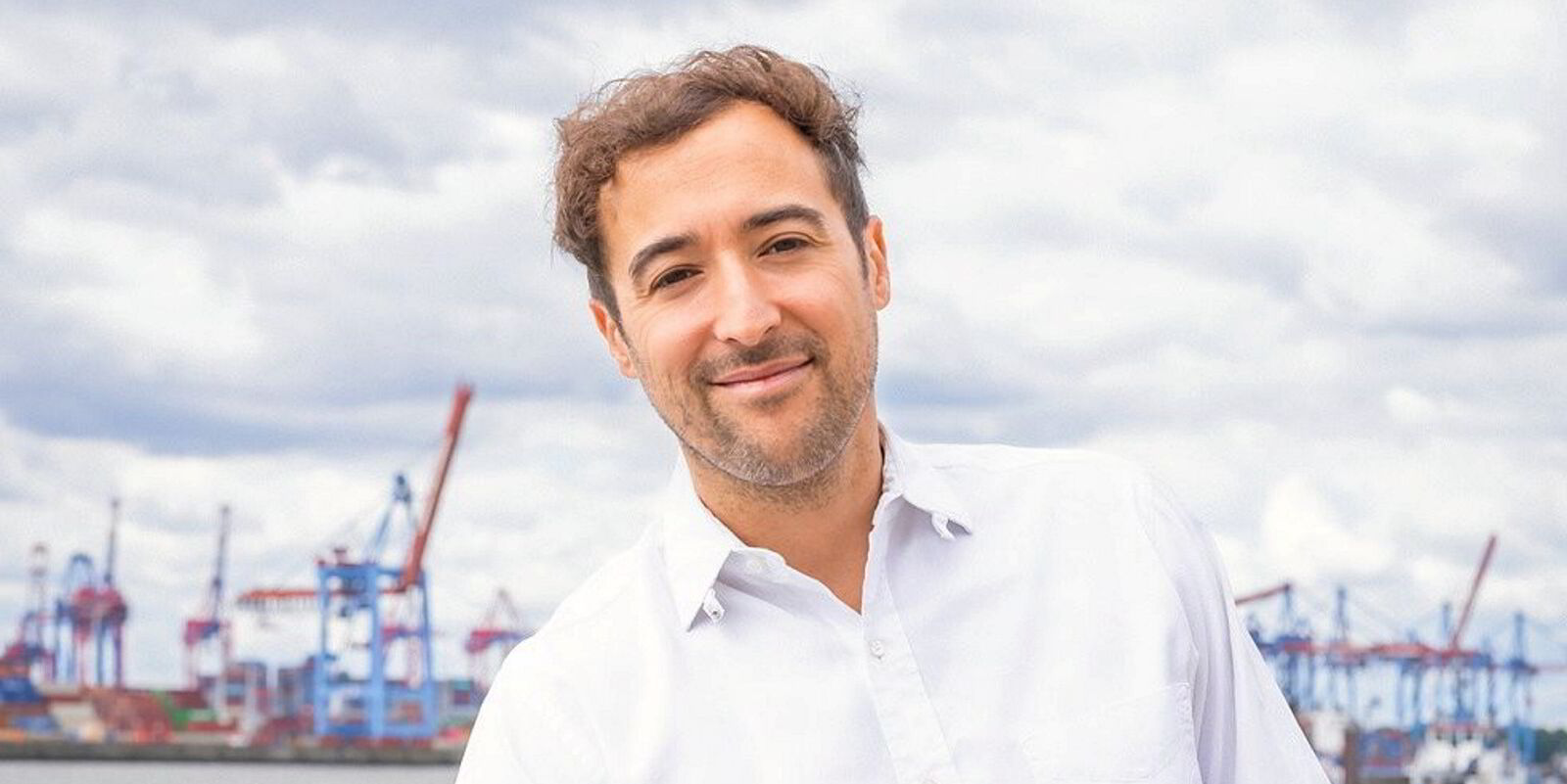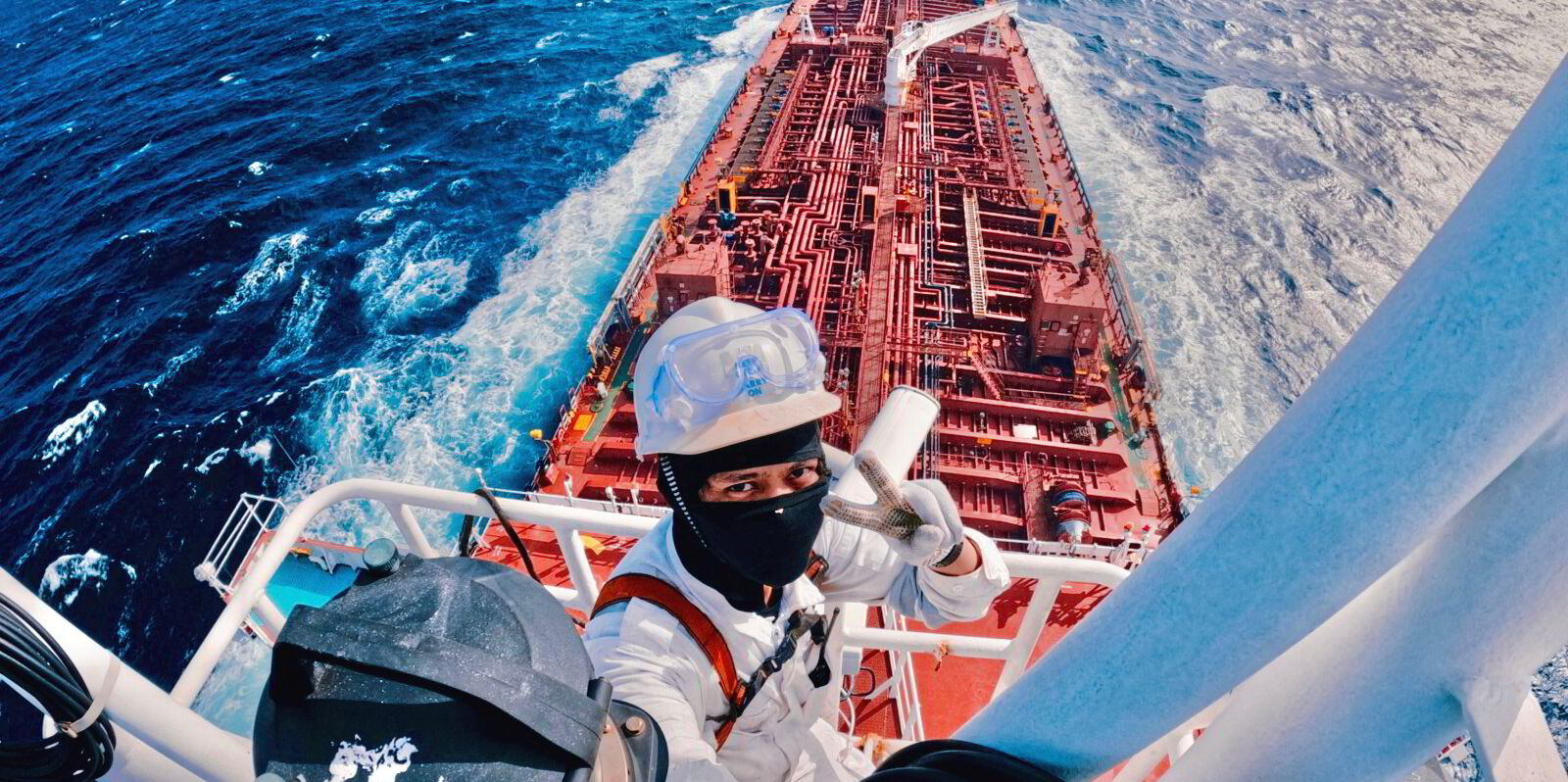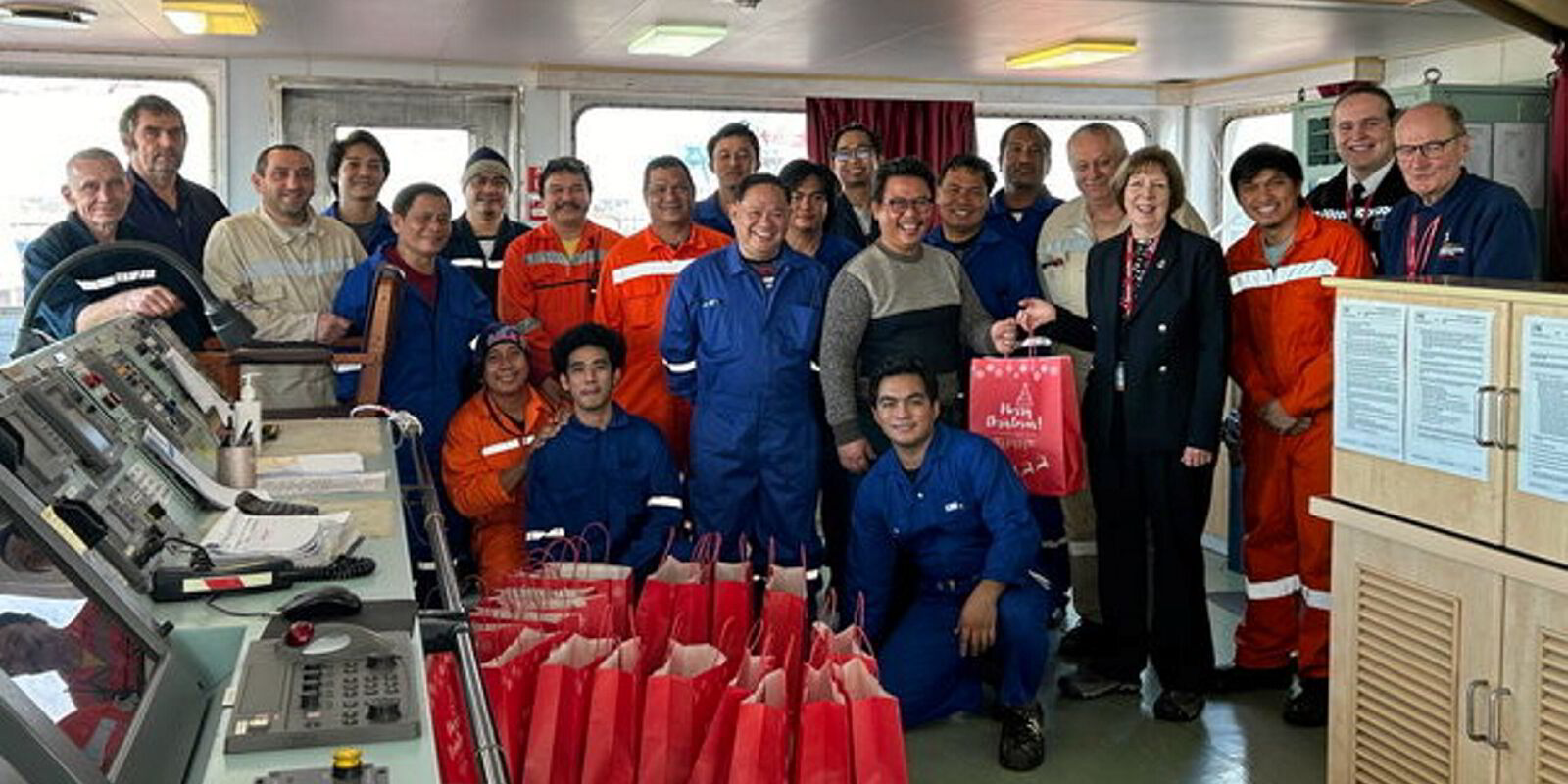Germany’s seafarer support network, Mental Health Support Solutions (MHSS), is expanding its reach in Asia with new offices and staff.
The company tells TradeWinds that local psychiatrists and psychologists are key to understanding the needs of crew members from countries where mental health problems are often stigmatised.
MHSS general manager Stella Kiss said: “We’ve been expanding all over Asia. We have an office in Manila now, and we’re working on creating new offices in Singapore.”
Teams have been recruited in Japan and South Korea.
Kiss explained: “It takes some time to find local clinics and psychologists that have enough time to work with us on creating new concepts and training programmes.”
“It’s usually taking on people on a freelance basis. We have a few people that also joined our core teams in those hotspots,” she added.
Kiss said: “But mainly we’ve been reaching out through contacts to local psychologists or psychiatrists so that we can get an in-depth understanding of the culture in each of the countries.
“And then we work together on a case-by-case basis.”
She revealed that MHSS had to learn a whole new approach in the region, as mental health is often linked to weakness or being seen as a failure.
“People hesitate to seek help because everyone wants to maintain a perfect image, especially when it comes to mental health discussions.
“So there are a lot of cultural values that we have to take into consideration,” Kiss told TradeWinds.
Chief executive and founder Charles Watkins said Japan is especially sensitive to mental health issues.
“Even if you do workshops on mental health, you cannot call it mental health. People will not show up. You have to call it ‘improving productivity by getting balanced’ or something,” he told TradeWinds.
Symptom caution

Kiss said the newest shipping recruits however are “way more open” to discussing these topics.
“The new training programmes and webinars, they are a lot more visited by the younger generations,” she added.
Watkins explained that even the way symptoms are experienced can be different.
“They might tend more to be workaholics or at least tend to overwork themselves as some form of society or family-based idea, belief or honour. They’re very identified with their job,” he told TradeWinds.
“And remember, they’re a collectivist society. So individual-based interventions will not be as effective as group or family-based interventions.”
Kiss backed up this view: “It’s more accepted to work many hours and people are more respectful of people that put a lot of work into their job. If you’re a hardworking professional, that’s always a positive thing within Japan.”
“But unfortunately, that also leads to a lot of pressure. All the overwork can unfortunately lead to death,” she said.
MHSS is working with culture-bound syndromes, also known as folk illnesses, which are combinations of psychiatric and somatic symptoms considered to be a recognisable disease only within a specific society or culture.
Cultural beliefs
“It’s very different to the Western society, which is why it’s so important for us to collaborate with all the local psychologists so we can learn more about it, because this is not something that we necessarily grew up with,” Kiss told TradeWinds.
Specific beliefs in Asia might be viewed as anxiety or depression in the West, the manager said.
MHSS gave the example of Filipinos experiencing auditory or visual hallucinations — seeing a dead person walking around — as part of their belief system.
And in Japan, people can withdraw from society and friends for months.
There is also a high prevalence of suicide in the country, so the psychologists stressed the importance of being aware of triggers such as a crew member losing their job.
Watkins said: “Of course, we want to change the condition, but differently from other seafarers and patients that may be experiencing the same thing. We will treat them differently. We will work within the reality of the patient to help them.
“If someone has a psychotic disorder on a vessel, this person needs help right away. They can’t stay on the vessel,” he explained.
But if it is a culture-bound syndrome, MHSS can still work with the seafarer.
“The brain is not hallucinating, this is part of the belief system and it’s normal to experience it. So you don’t have to take the person off the vessel. You can treat them,” the CEO told TradeWinds.
New insights
“It would be a horrible mistake to just take them off because you don’t understand what’s going on.”
Kiss summed up the work: “Every time you meet new people, you have so much more to learn. Psychology is a never-ending field and there’s always new research, new insights, new cultural syndromes that you learn about.
“That’s one of my favourite parts of the job,” she said.





